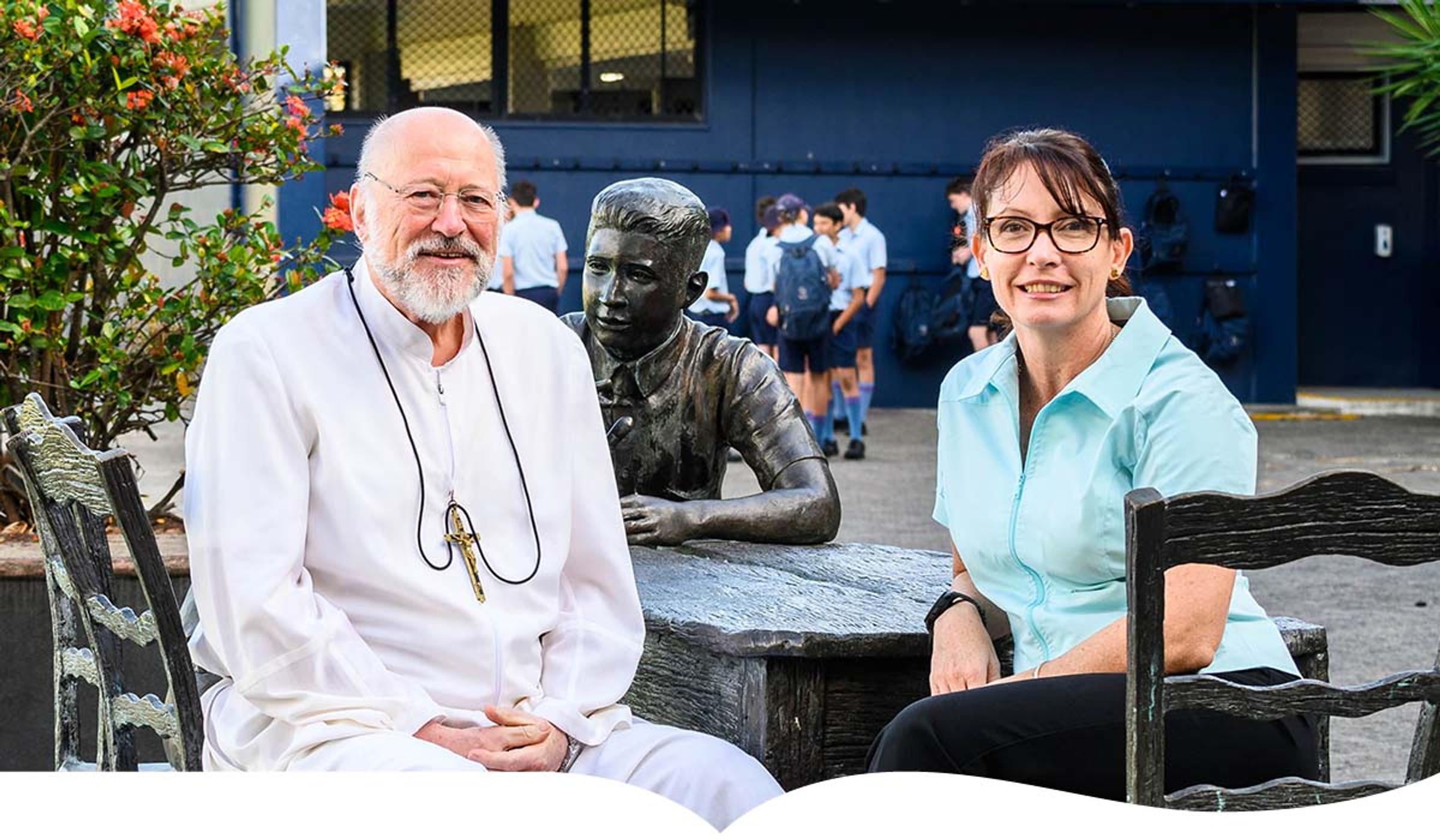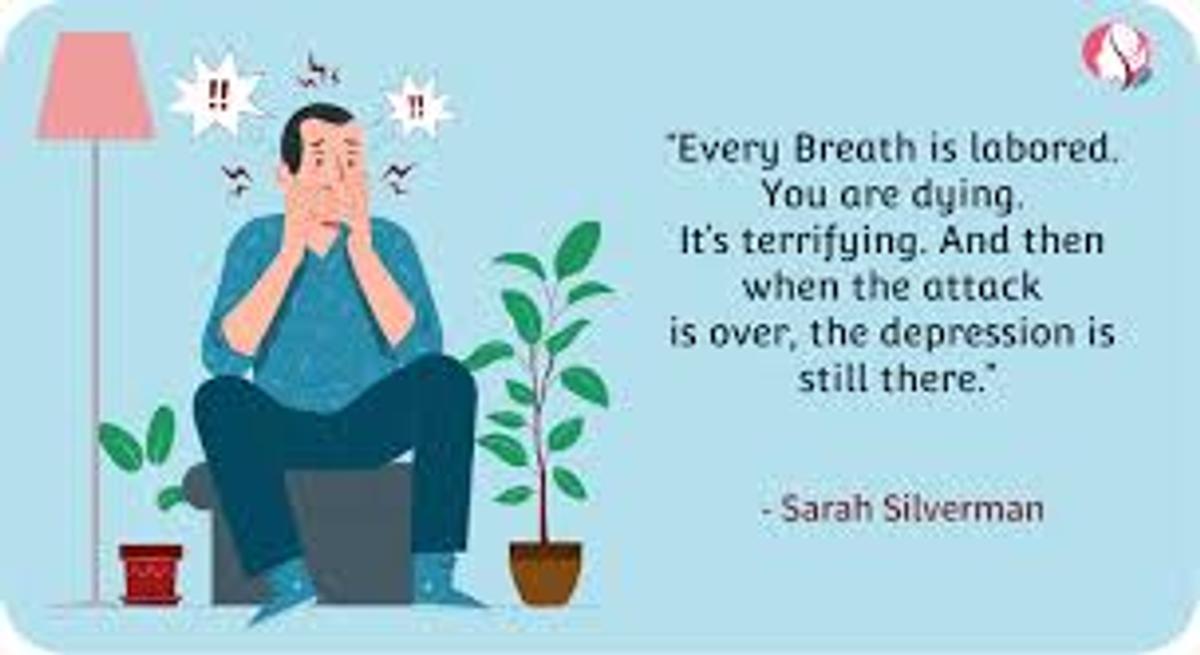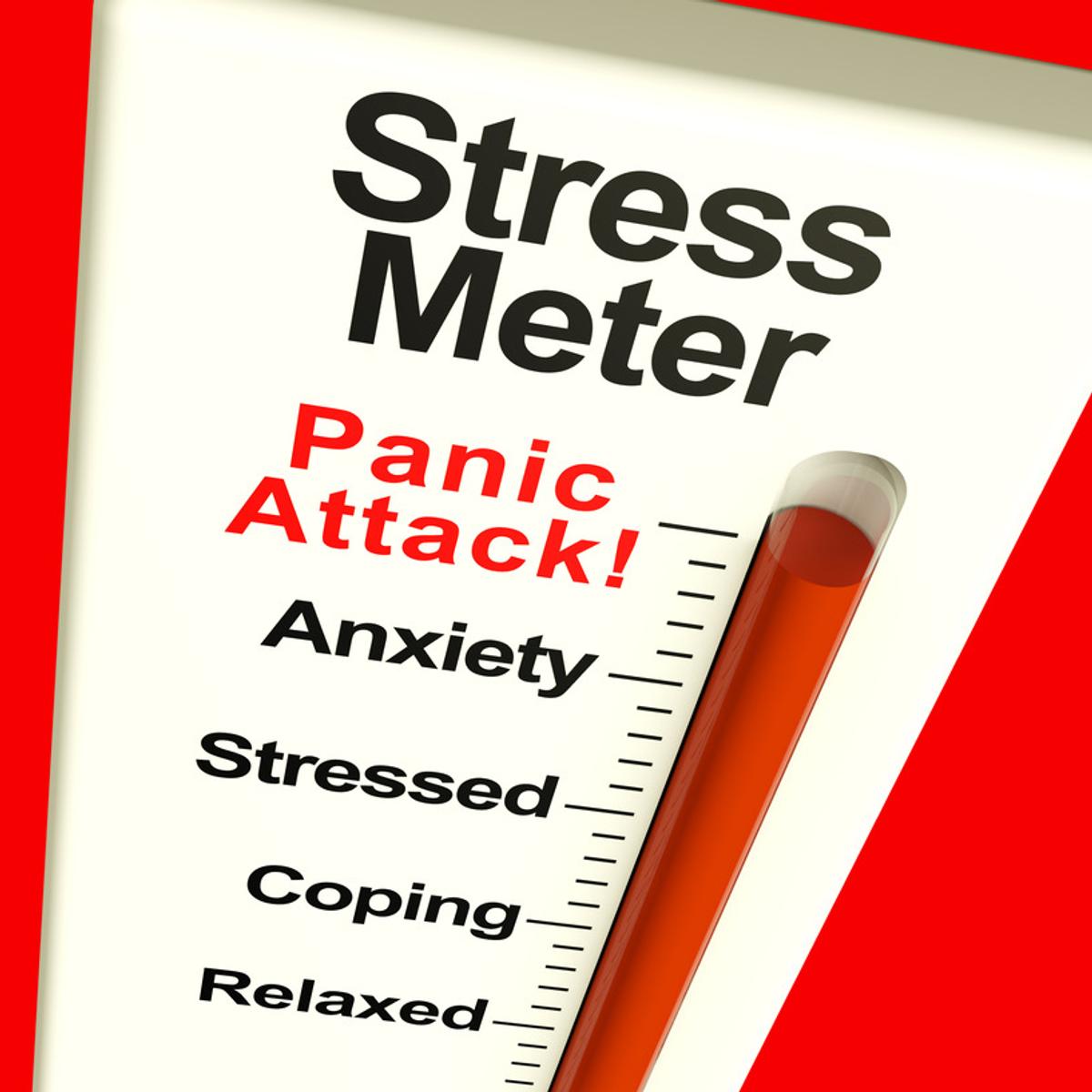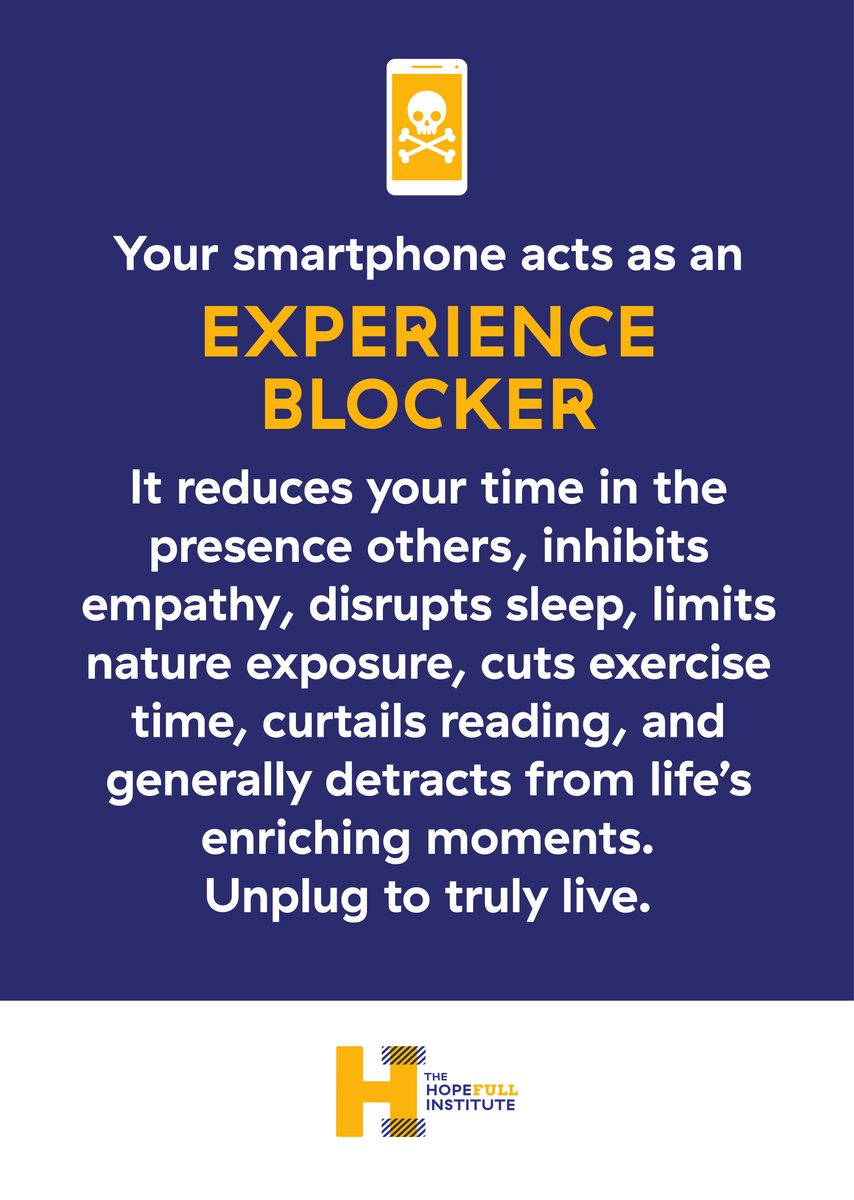COUNSELLING CONNECTIONS
News from college counsellors Br Roger Vallance FMS &
Mrs Marijke Keller

COUNSELLING CONNECTIONS
News from college counsellors Br Roger Vallance FMS &
Mrs Marijke Keller
Our present health status
As most of you would be aware, we have recently had a “micro-outbreak” of COVID within our school community. Tropical Public Health in Cairns have advised that this virus is currently prevalent in our wider community.
The school cases are diminishing rapidly; however, recommendations are still in place to be cautious with COVID and other viruses. We ask that you please keep your sons at home if they are unwell with any illness, to contain the viral spread within our college.
Here are guidelines if you suspect anyone at home may have COVID. It is no longer mandatory to self-isolate if you test positive to COVID-19. If you have symptoms or have tested positive to the virus, Queensland Health strongly recommends you do the following:
In line with this advice, some high-risk settings or other businesses may have additional requirements or conditions for staff, visitors and residents to reduce the risk of COVID-19 transmission.
You should comply with any additional requirements or conditions put in place by an operator or business to reduce the risks of community transmission.
Who these guidelines apply to
They apply to anyone in Queensland who has tested positive to COVID-19 within the previous five days, or to a person who has any symptoms of an acute respiratory infection.
If you test positive to COVID-19, you should follow the First steps if you have COVID-19 and the guidelines on this page.
The guidelines have been developed to provide evidence-based information and advice to people on managing symptoms of COVID-19. However, some people are at greater risk of serious illness from COVID-19. Additional public health measures are recommended to protect high risk groups. For more information on high-risk groups see Groups at high risk of severe disease.
Panic attack


We can all have them, yet children and adolescents can be frequently vulnerable. A panic attack is essentially an anxiety that is suddenly presenting, often overwhelming and can feel like the "end of the world". Here is wonderful advice for parents and carers to manage children’s and adolescents’ panic attack with guidelines to moderate subsequent presentations. The file is I think my Child is having a panic attack.


Internet safety
Here is Part 1 of a 15-minute podcast by psychologist Andrew Fuller which covers the following issues:
Here is Part 2, the conclusion, of this series with teaching points parents can use for their children.
Internet safety education – online resources for parents and carers
Here is a more general series of resources for parents to use to educate their children about safe internet use.
Some really, really good news
Last term our boys were invited to complete the Cairns Catholic Diocese Student Wellbeing Survey. This survey is done across all Catholic schools, primary and secondary, in the Cairns Diocese each year. Recently the outcomes of this survey have been reported to us and I want to share these results.
The graphs below compare St Augustine’s data to all the data of the Catholic secondary schools in the diocese. The statistics offered are somewhat conservative since our data is also included in the diocesa data — with the reports we have I could not extract our data from the average provided for CES. But, in terms of statistics, by removing our data from the CES statistics we believe there would be a greater difference in the data received and that Saints students who responded to this survey are reporting much higher levels of wellbeing.
The reports above detail the overall responses of our boys versus students at all other Catholic secondary schools in the diocese. The following scales are reported:
Each of these scales shows really dramatic differences between Saints and the whole diocese. And these differences are all positive for Saints boys. These (really very dramatic) results are a full teamwork success story. The team includes the boys themselves, of course, their teachers, homeroom teachers, heads of year, health and wellbeing team of nurses and counsellors, college leadership and, importantly, parents, carers and families.
And none of us plan to rest there. We are already looking towards 2025 and how to better provide for our boys’ health — mental and physical — and holistic wellbeing.
Smart phone usage
Many parents will be aware that the media are putting out multiple views on students’ use of smart phones. My take is that much of this media coverage is either naïve or disingenuous. The naivety, or slanted reporting, comes especially when speaking about mobile phone bans in education. One such argument is that banning smart phones, unstated yet presumingly a100% all-time ban, deprives students from learning appropriate use of smart phones.


The smart phone is a relationship blocker
Saints bans the use of smart phones and similar devices only while students are on the College grounds during school hours. Phones may be brought to school for use while traveling to and from school, but during school hours, they should be securely stored in boys' lockers. With a combination lock this place is secure. Yes, there are exceptions for particular learning activities and needs. Messages to or from parents can always come from the College front office. What are the outcomes our teachers report of the Saints phone ban which has been in place for over a year?
It would also be fair to point out the following salient points:
A reminder about our new contacts details:
Sacha Donalson sac.nurse@cns.catholic.edu.au 40529132
Marijke Keller mkeller@cns.catholic.edu.au 40529134
Br Roger brroger@cns.catholic.edu.au 40529133